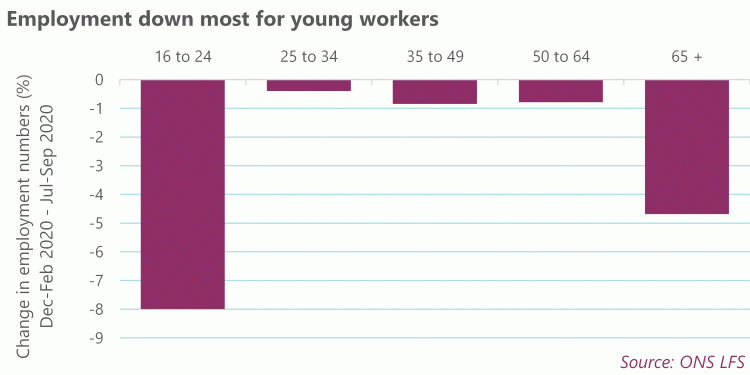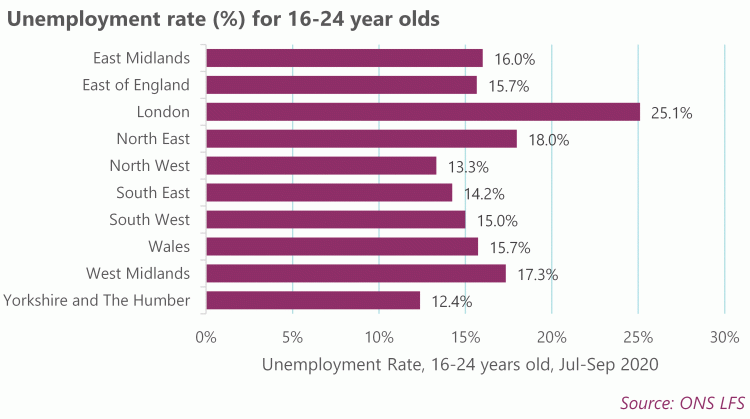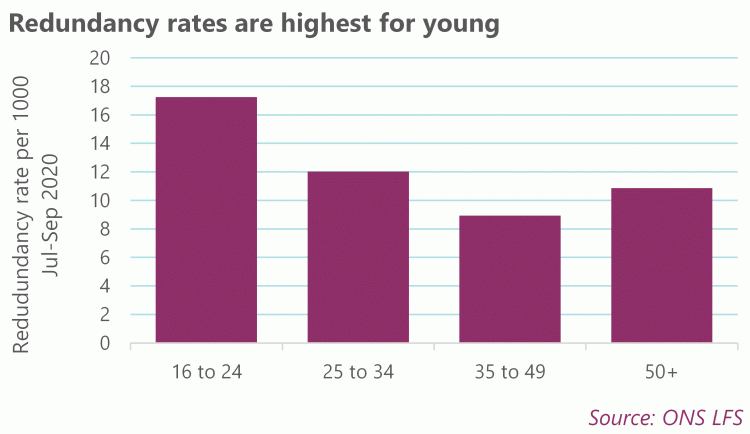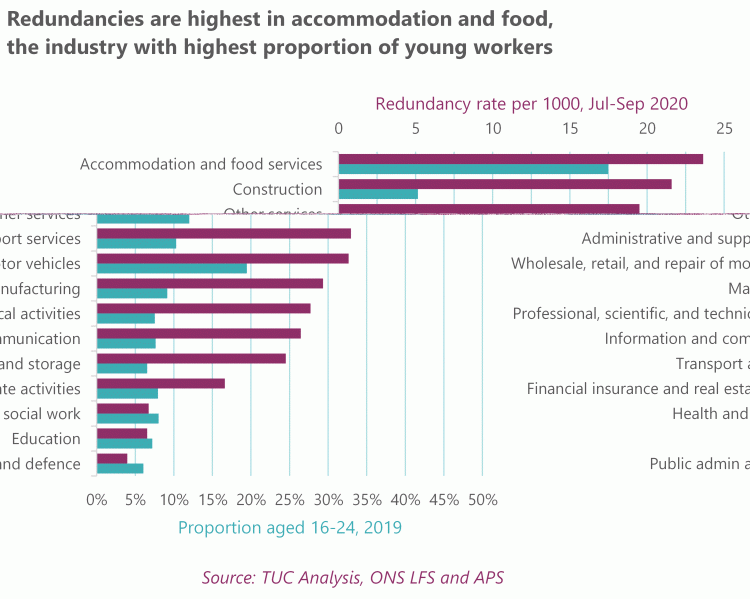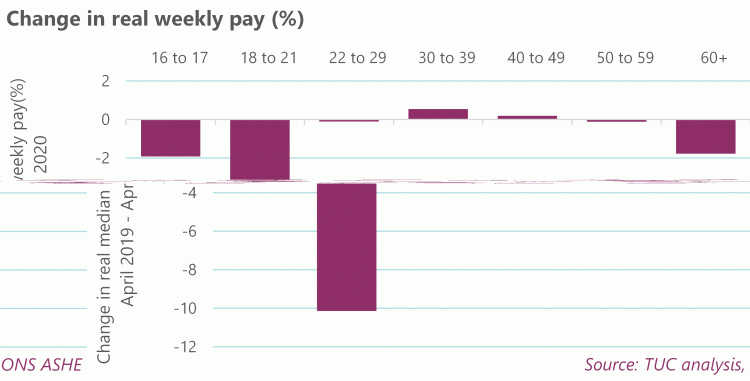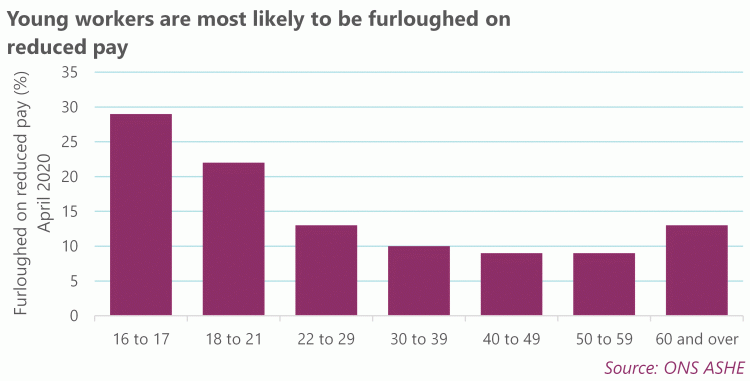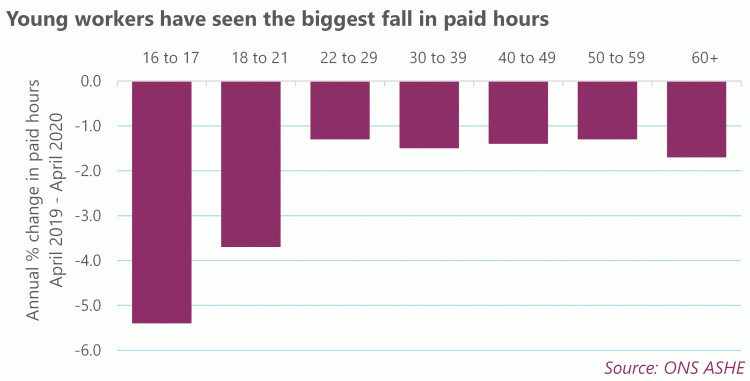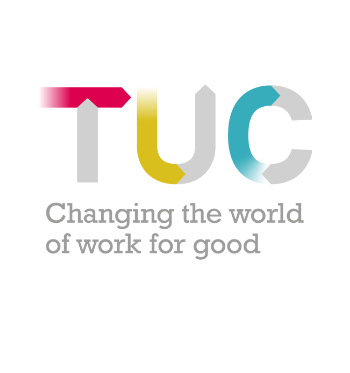Jobs and Recovery Monitor - Young Workers
The findings highlight the disproportionate impact the Covid-19 economic crisis is having on young people’s jobs and pay. And that without urgent investment in creating new good jobs, a generation will be scarred by mass unemployment.
-
Young people have been the hardest hit by Covid-19 economic crisis. TUC analysis shows that 59,000 workers aged 16 to 24 lost their jobs in July to September, compared to 56,000 across all of 2019.
-
Number of 16-24 year-olds in work is lower than at any point during financial crisis.
-
Union body calls for government to invest in creating good new jobs to prevent a generation from being scarred by mass unemployment.
Download full analysis (PDF)
Young workers hit hardest
The jobs market continued to decline through the summer. Redundancies hit an all time high of 314,000 in Jul-Sep 2020. Unemployment increased more this quarter than any other time on record. And it has become clear that young workers are being hit hardest.
More young workers were made redundant in three months this Summer than in all of 2019. 59,000 workers aged 16-24 experienced redundancy in Jul-Sep 2020, compared to 56,000 across 2019.
We know from previous experience that young workers suffer most in recessions. This is particularly true in the current crisis. Covid-19 has meant significant job losses in sectors like hospitality and leisure which employ many young workers.
So far, younger workers have experienced highest rates of redundancy, largest falls in employment, highest rates of furlough with reduced pay, largest falls in weekly pay, and the largest falls in hours worked
This is especially worrying as youth unemployment has long-term ‘scarring’ impacts. Spells of unemployment as a young worker lead to lower pay and more unemployment decades later. Decisive and targeted intervention will be needed for young workers and in the sectors they work.
Unemployment
Unemployment is rising at record speed for young workers. Unemployment grew faster for 16-24 year olds in Jul-Sep 2020 than at any other point on record. There are now more than 600,000 workers aged 16-24 facing unemployment; an unemployment rate of 14.6 per cent
The youth unemployment rate varies between regions with some of the highest rates in London, the West Midlands and the North East. Some young people who are unable to find work may choose to enter education or training instead. They will not be included in these unemployment rates.
Redundancies
Across all ages, redundancies reached a record high of 314,000 this quarter, 181,000 more than the previous quarter. Young workers have been disproportionately affected. More young workers were made redundant in three months this Summer than in all of 2019. 59,000 workers aged 16-24 experienced redundancy in Jul-Sep 2020, compared to 56,000 across 2019.
The redundancy rate for 16-24 year olds climbed to 17 per 1000. The same quarter last year saw 4 per 1000 redundancies for this age group.
The Covid-19 crisis is especially difficult for young workers as it has hit sectors which young workers tend to work in. The rate of redundancy has been highest so far in accommodation and food services at 24 per 1000. In 2019 over a third of accommodation and food workers were young people aged 16-24.
Pay
Pay has fallen most rapidly for young workers. It decreased by 10 per cent for workers aged 18-21 between April 2019 and April 2020.
This has been driven by higher rates of furlough on reduced pay, and some of the biggest reductions in paid hours of any age groups.
Furlough
The Job Retention Scheme has allowed employers to furlough employees; and ensured they are paid at least 80 per cent of their wages. Some employers have been topping this up for their staff but many have not.
Young workers have been disproportionately affected. 29 per cent of workers aged 16-17 and 22 per cent of those aged 18-21 have been furloughed on reduced pay.
Young Workers paid less than minimum wage
There is no provision in the Job Retention Scheme to prevent workers falling below the minimum wage while they are furloughed.
Young workers already face lower minimum wage rates and furlough pushed many below this inadequate wage floor. 423,000 16-24 year olds were paid below the minimum wage in April 2020, compared to 64,000 the previous year.
Paid hours
Paid hours decreased significantly for young workers. Comparing April 2020 to April 2019, 16-17 year olds worked 5.4 per cent fewer hours a week, and 18-21 year olds worked 3.7 per cent fewer hours. This reflects the sectors young people tend to work in. Covid-19 has meant accommodation, food and retail all face large drops in actual hours worked.
Responding to a youth unemployment crisis
Young people are being hit hardest by the Covid-19 economic crisis. On top of the immediate harm this will cause, it is well established that youth unemployment causes ‘scarring’ effects[1]. Unemployment for young workers leads to lower pay, further unemployment and worse health[2] for years afterwards.
The TUC has called for bold action in the form of job guarantee schemes[3] which pay at least real living wage or union negotiated rates. The Kickstart scheme must provide good quality jobs and training[4]. The jobs must be additional, and go to those who face the most difficulty in a tough labour market.
The government must also invest in creating new jobs. It must provide targeted support to struggling industries like retail and hospitality – which have a high proportion of young workers. And it must ensure people have a decent safety net to fall back on.
TUC General Secretary Frances O’Grady said:
“Young workers deserve a secure future – not a jobless one.
We cannot afford for this generation to be scarred by mass unemployment in the way previous generations have.
The government must use next week’s spending review to create jobs across the country. That means fast-tracking investment in green transport and infrastructure and our public services.
And it means stepping in to provide targeted support for hard-hit industries like retail and hospitality – two of the biggest employers of young people.”
On the need to help young workers who lose their jobs, Frances O’Grady added
“We must help young workers who lose their jobs get back on their feet quickly.
That means giving them a proper level of financial support through boosting universal credit.”
Read all the issues in the Jobs and Recession series
Related reports:
-
Jobs and Recovery Monitor - issue 1
-
Jobs and Recovery Monitor - BME workers - issue 3
-
Jobs and Recovery Monitor - Regions - issue 4
-
Jobs and Recovery Monitor - update on young workers - Issue 5
[2] P Gregg (2001) The impact of youth unemployment on adult unemployment in the NCDS’, The Economic Journal.
[3] M Strandh, A Winefield, K Nilsson, A Hammarström (2014) Unemployment and mental health scarring during the life course, European Journal of Public Health https://doi.org/10.1093/eurpub/cku005
[4] TUC (May 2020) A new plan for jobs – Why we need a new jobs guarantee https://www.tuc.org.uk/research-analysis/reports/new-plan-jobs-why-we-need-new-jobs-guarantee
[5] K Bell (Jul 2020) How to make the new Kickstart programme work for young people https://www.tuc.org.uk/blogs/how-make-new-kickstart-programme-work-young-people
Stay Updated
Want to hear about our latest news and blogs?
Sign up now to get it straight to your inbox

